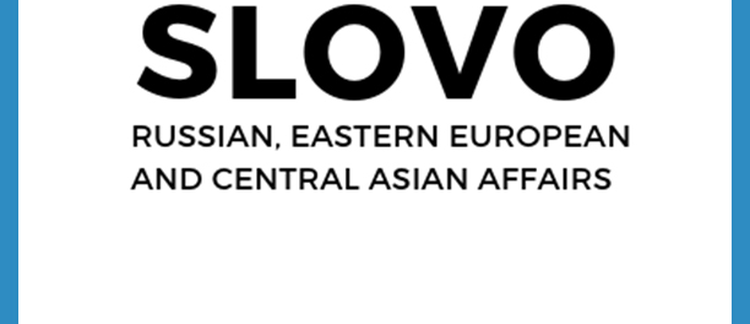Abstract
This article discusses methodological aspects of the role of the researcher in sociolinguistic ethnographic studies with an interest in the linguistic repertoires of minorized speakers. Looking at linguistic repertoires as knowledge that is to a large extent routinized, restructuration of those repertoires is connected with communicative events that interrupt routines. In the context of such events, the speaker mobilizes remote parts of his or her repertoire and reflects on linguistic rules. Ethnographic research that involves intensive contact between the research subjects and the researcher is likely to cause these kinds of events, which I call Ausbau events.
This paper argues that ethnographic linguistic research influences language use and provokes metalinguistic reflection, both of which are seen as essential for language learning. Referring to evidence from observations in a Ukrainian school in a northern Moldovan village, the article discusses methodological aspects of this interference. Ausbau events are not regarded as unnatural but rather as revealing of practices that would otherwise be inaccessible to observation. On that account, including the role of the researcher into the analysis should be seen as a chance to understand dynamic processes.
Click here to read the article
How to Cite:
Weirich, A., (2013) “Ausbau Events and the Linguist's Role in the Dynamics of Minorization in Northern Moldova”, Slovo 25(1).
Downloads:
Download PDF
View PDF
418 Views
82 Downloads

